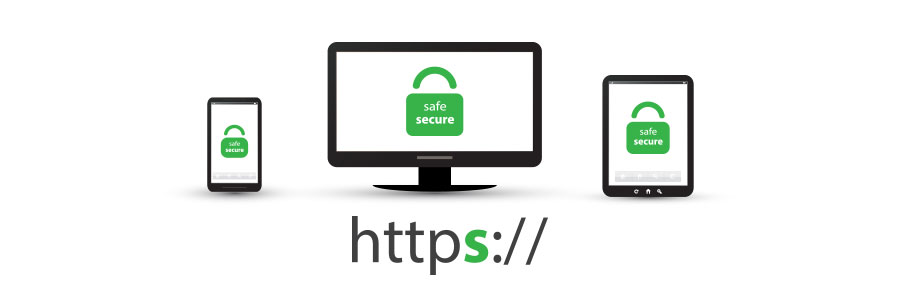There was a time when installing an antivirus program was enough to secure your data, but that’s no longer the case today. Whether you want to keep your online activities hidden from third parties or prevent your data from being intercepted by hackers, you need to invest in a virtual private network (VPN).
What is a VPN?
A VPN creates a secure tunnel between your device and the websites you visit, protecting you from hackers looking to intercept your data.
Surf securely with a VPN

What is proactive cybersecurity, and how do you implement it?

To keep cyberthreats at bay, you need proactive cybersecurity solutions in your arsenal. They identify and contain threats before they wreak havoc on your systems and cause significant productivity and financial losses. Here’s all you need to know about proactive cybersecurity and how to implement it.
Are your company mobile devices protected?

Mobile devices are indispensable. Smartphones, tablets, and other mobile gadgets play a big part in everyday processes, especially for individuals and companies that value connection and convenience. But as the number of mobile devices used in business operations increases, so do the cyberthreats that target them.
How updated firmware keeps cyberattacks at bay
Shopping for antivirus software? Consider the following points
Protect your VoIP systems against denial-of-service attacks

Telephony systems are crucial to business communications and operations and therefore need to be highly secure. Although malware and viruses are some of the most common threats to Voice over Internet Protocol (VoIP) systems, there are other little-known threats too, such as denial-of-service (DoS) attacks.
How do sites with HTTPS make web browsing secure?

If you shop online like many people, you need to make sure that the site’s payment page has HTTPS in its URL. Otherwise, entering your personal and financial information on this page can expose you to risks such as identity theft. Read on to find out why HTTPS makes for a safer online browsing experience.





